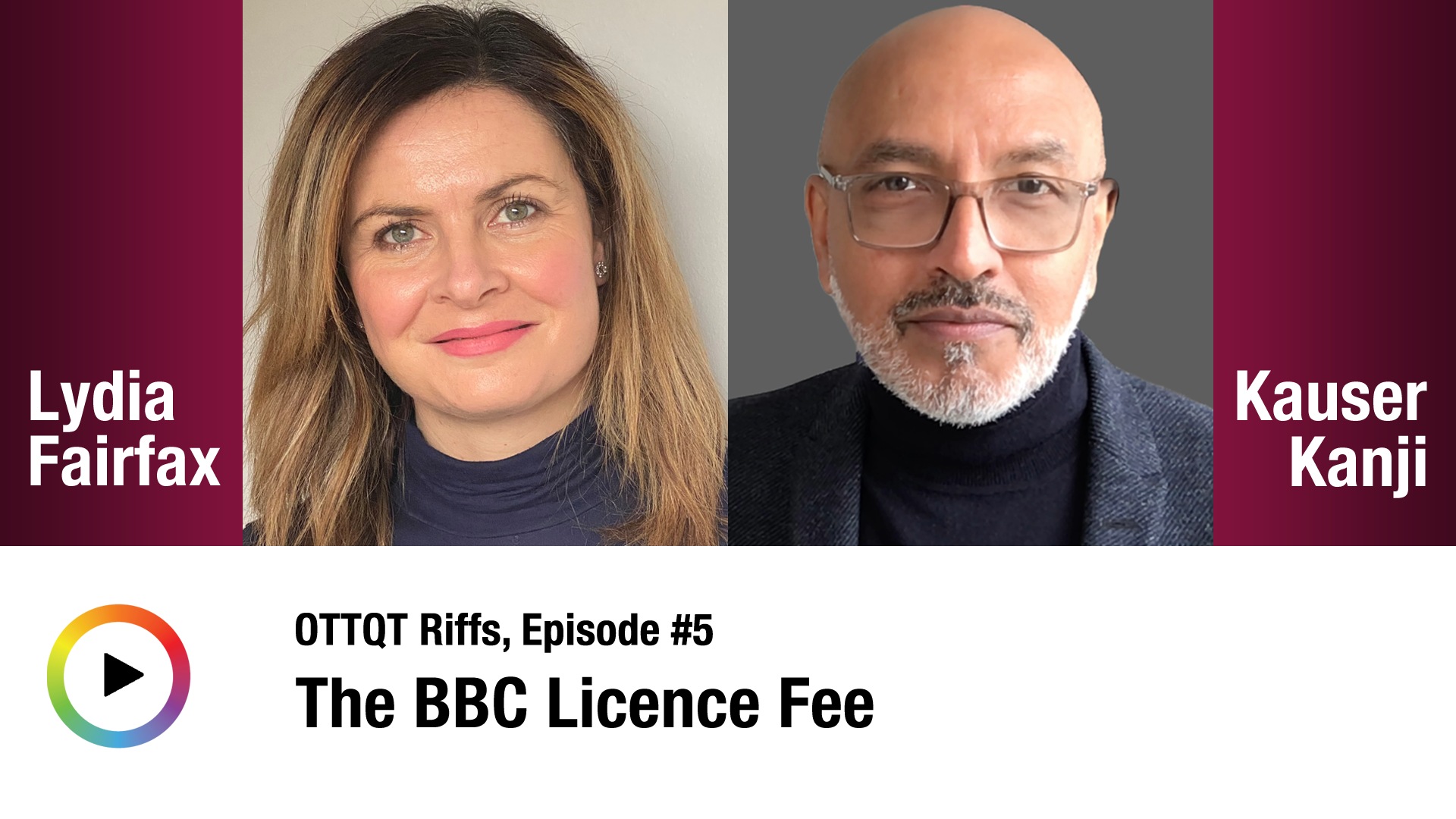

Kauser Kanji
VOD Pro
Share
At the Labour Party conference last week, Lisa Nandy, Secretary of State for the Department of Culture, Media & Sport, said that she was looking at a mixed funding format for the BBC to help protect it from future government interference. Options included a “mixture of licence fee, commercial funding and some subscription services,” she told a Sunday Times / Times Radio panel at the event.
Why now?
The BBC’s Royal Charter expires at the end of 2027, and the review process is already under way. With that comes a fresh opportunity – and political pressure – to decide how Britain’s national broadcaster should be funded in the streaming era. Is the £169 annual licence fee still fit for purpose in a world of Netflix, YouTube and TikTok? Or is it an essential guarantee of editorial independence and universality? And what are the pros and cons of alternative funding models?
In this episode
Lydia and I tried to answer some of these questions in this episode of Riffs. After starting with some facts and figures, we assumed the role of reformer (Lydia) and traditionalist (me) in an impartial debate. What we discovered? That a 40-min conversation barely scrapes the surface of this complex topic.
Want to have your say? Send us a comment / DM on LinkedIn.
**
ABOUT KAUSER KANJI
Kauser Kanji has been working in online video for 20 years, formerly at Virgin Media and NBC Universal, and founded VOD Professional in 2011. He has since completed major OTT projects for, amongst others, A+E Networks, the BBC, BBC Studios, Channel 4, DR (Denmark), Liberty Global, Netflix, Sony Pictures, the Swiss Broadcasting Corporation and UKTV. He now writes industry analyses, hosts an online debate show, OTT Question Time, as well as its in-person sister event, OTT Question Time Live.
